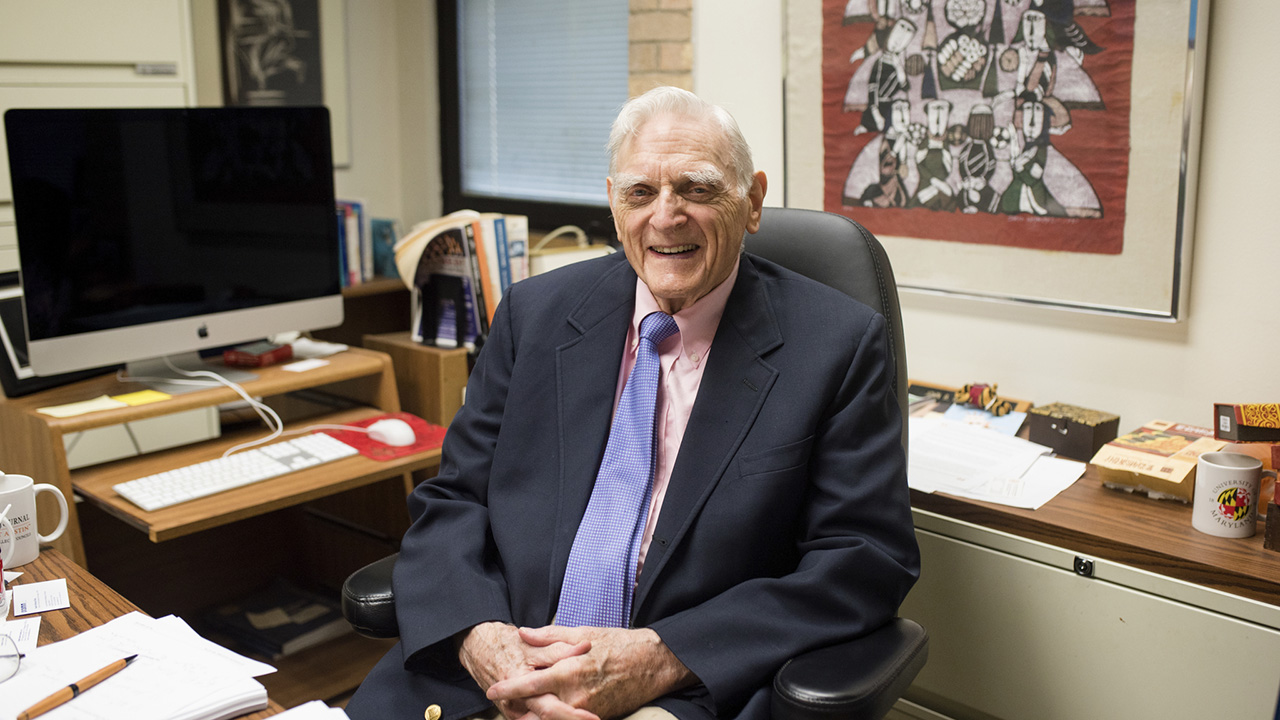
John Goodenough, A US supplies scientist and Nobel Prize winner considered the important thing determine behind the event of the ever-present lithium-ion battery, has died aged 100.
Goodenough’s many years of labor within the subject of fabric science and power storage options noticed him awarded the Nobel Prize in chemistry in 2019, making him the world’s oldest Nobel Prize winner.
His title won’t be properly generally known as some, however the merchandise stemming from his analysis and brought without any consideration are throughout us. Consider the innumerable numbers of gadgets which have lithium-ion batteries. The place would we be with out them? Cell phones, laptops, electrical autos and nearly each different excessive powered cellular system might look completely totally different. I do not suppose a automobile can reliably run on a thousand AA’s.
Tributes poured in from fellow scientists and colleagues at College of Texas (by way of the BBC) the place Goodenough was a professor. “John’s legacy as an excellent scientist is immeasurable — his discoveries improved the lives of billions of individuals world wide,” mentioned UT Austin President Jay Hartzell.
We have now extra to thank Dr Goodenough for. Starting in 1952, he spent 24 years as a analysis scientist and crew chief at MIT’s Lincoln Laboratory. Throughout this time he labored on growing random entry reminiscence. That is proper, the RAM we’ve in our PCs has roots that return to foundational work accomplished by Goodenough and his groups.
You’d count on Goodenough to have made some huge cash on account of his work on batteries and different applied sciences, however in response to an obituary posted by the New York Instances (paywalled) he signed away most of his rights and lived modestly.
He continued to work properly into his later years. In February 2017, Goodenough revealed a paper demonstrating a glass battery, a sort of stable state battery that guarantees to be superior to lithium ion batteries in nearly each means.
Relaxation in peace sir.

